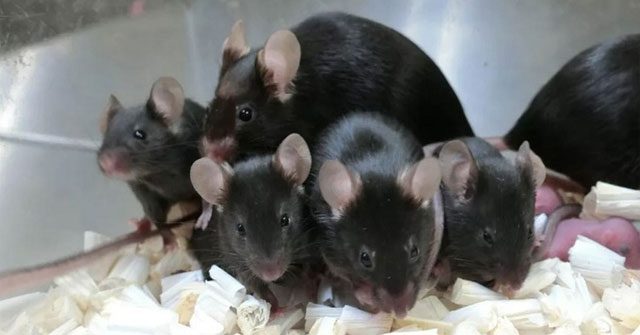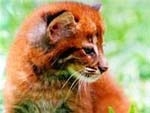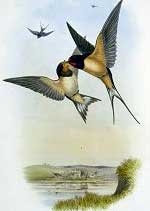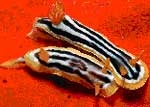Frozen mouse sperm stored for several months on the International Space Station (ISS) has been successfully returned to Earth and fertilized an egg, resulting in the birth of healthy pups.

Pups born from a 6-year experiment. Photo: Teruhiko Wakayama/Yamanashi University.
Japanese researchers aimed to understand how cosmic radiation affects the reproductive capabilities of mammals, as reported on June 11 in the journal Science Advances. Radiation can damage DNA in cells, leading to mutations. The high radiation environment on Earth can cause defects in the offspring of animals.
Cosmic radiation is a significant concern for both the United States and Japan, countries that have sent many astronauts into low Earth orbit for long-duration missions. They are also looking toward further destinations in space. NASA and other space agencies are developing systems that can support humans on months-long journeys to destinations such as the Moon and Mars within the Solar System.
Previous studies were unable to simulate cosmic radiation conditions on Earth, prompting scientists to conduct their experiments in space. The research team froze sperm samples from 12 mice and sealed them in lightweight containers.
The cargo was transported to the ISS and stored at different intervals. The samples were divided into three parts and returned to Earth sequentially after 9 months, 2 years and 9 months, and 5 years and 10 months.
After retrieving the samples, the research team determined the amount of radiation absorbed by the samples by sequencing RNA. They found that the flight to the ISS did not cause DNA damage in the sperm cells. The researchers then hydrated the sperm, injected it into eggs retrieved from the uterus of a mouse, and implanted it into a female mouse. The female mouse became pregnant and gave birth to healthy pups, free from defects.





















































